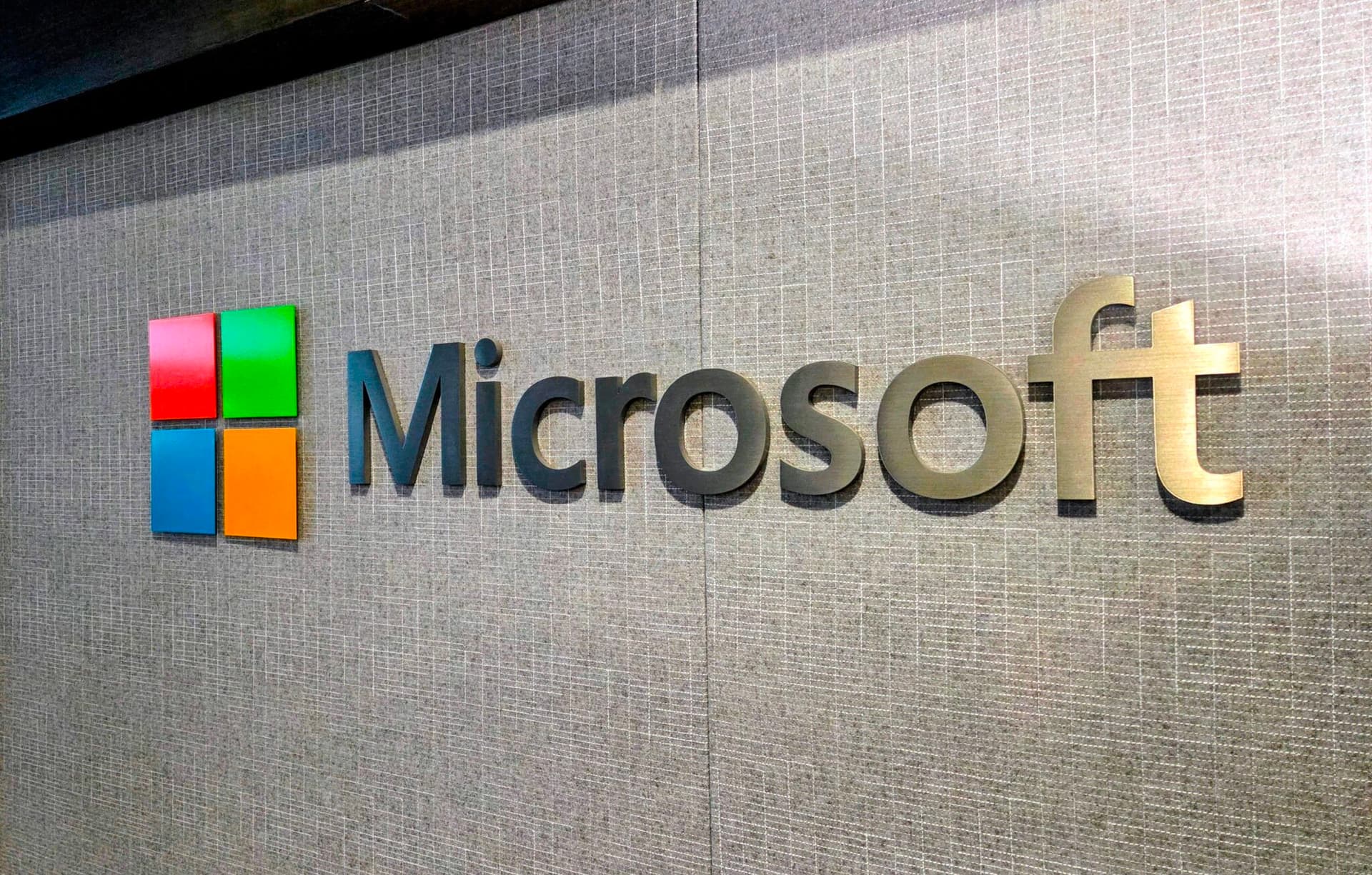With earnings on tap, Microsoft touches $4 trillion again after reaching OpenAI deal

News Summary
Microsoft's market valuation has once again reached $4 trillion, driven by a new partnership with OpenAI. The agreement grants Microsoft a 27% equity stake in OpenAI's new for-profit entity and a commitment for $250 billion in cloud purchasing by the ChatGPT maker. Wall Street analysts anticipate Microsoft to report strong earnings for the first quarter of its 2026 fiscal year, which ended September 30. Revenue is expected to be approximately $75.4 billion, a 15% increase year-over-year, with earnings per share projected at $3.66, up 11%. Continued momentum in its Azure cloud business and growing adoption of Copilot AI tools are primary drivers. Investors will be closely monitoring the growth rate of Microsoft's Azure cloud business, with some analysts expecting up to 39% growth. However, concerns about a potential AI bubble and comparisons with major cloud platforms like Google parent Alphabet and Amazon will also be key discussion points during the earnings conference call.
Background
Microsoft has been a pivotal investor and player in the artificial intelligence space, notably through its long-standing partnership with OpenAI, which began with a $1 billion investment in 2019. This latest agreement further deepens their relationship, aiming to integrate OpenAI's cutting-edge AI technologies more closely into Microsoft's products and services, particularly its Azure cloud platform. Azure is Microsoft's rapidly growing cloud computing division, ranking among the top three global cloud service providers alongside Amazon Web Services (AWS) and Google Cloud. The synergy between cloud computing and AI is seen as central to enterprise growth. For Microsoft, the successful adoption of AI tools like Copilot and the continued expansion of Azure are crucial for its market capitalization and leadership position. The current market enthusiasm for AI has fueled significant investment and valuations in the sector, prompting discussions about a potential AI bubble, where investors are balancing growth prospects against the sustainability of underlying business fundamentals.
In-Depth AI Insights
What are the long-term strategic implications of this new OpenAI deal for Microsoft? - This deal solidifies Microsoft's position as a leading AI platform provider, allowing it to deeply integrate cutting-edge AI capabilities, particularly OpenAI's technology, into its Azure cloud services and Copilot products. - While a 27% equity stake isn't a controlling interest, it grants Microsoft significant influence over OpenAI's future development and commercialization, ensuring prioritized access and customization of core AI technology for the Microsoft ecosystem. - This helps Microsoft maintain a differentiated competitive edge against Amazon AWS and Google Cloud, as AI capabilities become the defining factor for cloud service value. It could accelerate Azure's market share growth and attract more enterprise clients seeking AI solutions. Is the current market valuation of the AI sector sustainable, or are we in an AI bubble? - The article's mention of AI bubble concerns being a focus for earnings calls indicates a prevalent market vigilance. While AI technology has disruptive potential, soaring valuations can sometimes decouple from actual profitability and viable commercialization paths. - Microsoft's extensive customer base and its ability to translate AI into tangible products like Copilot provide a degree of resilience against bubble risks. However, if AI's commercial applications fail to scale profitably at the anticipated pace, or if increased competition compresses margins, valuations across the broader AI sector could face adjustments. - Investors need to differentiate between genuine AI leaders and companies merely riding the AI hype, focusing on real revenue growth, customer adoption rates, and sustainable competitive advantages, rather than just future potential. How will this deal impact the competitive landscape of the cloud services market, particularly for AWS and Google Cloud? - Microsoft's deep integration of OpenAI's technology gives it a significant first-mover advantage in AI-driven cloud services, potentially forcing AWS and Google Cloud to accelerate their internal AI R&D or pursue similar external partnerships to avoid falling behind in AI capabilities. - OpenAI's commitment for $250 billion in cloud purchasing from Microsoft Azure further strengthens Azure's market leadership and revenue base, raising the barrier for other cloud providers to catch up. - The future of cloud computing will increasingly be defined by AI capabilities. Microsoft's move signals an intensified